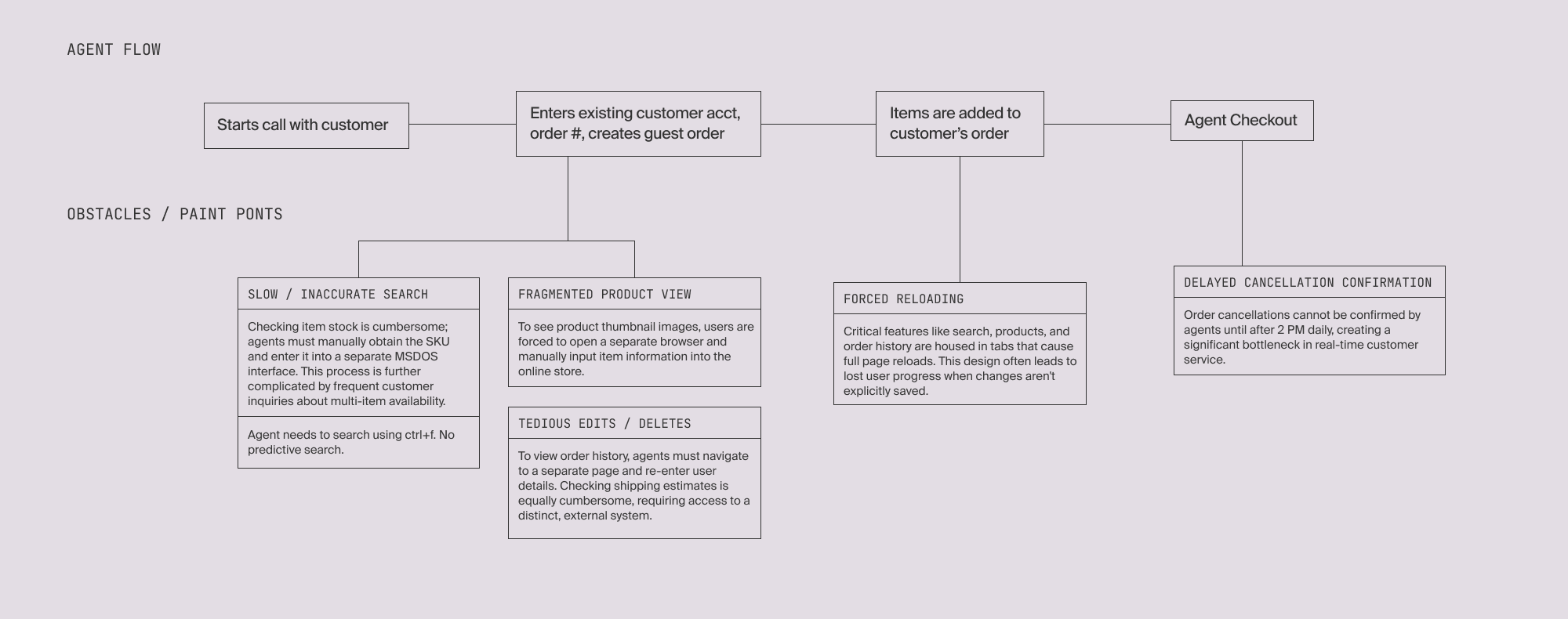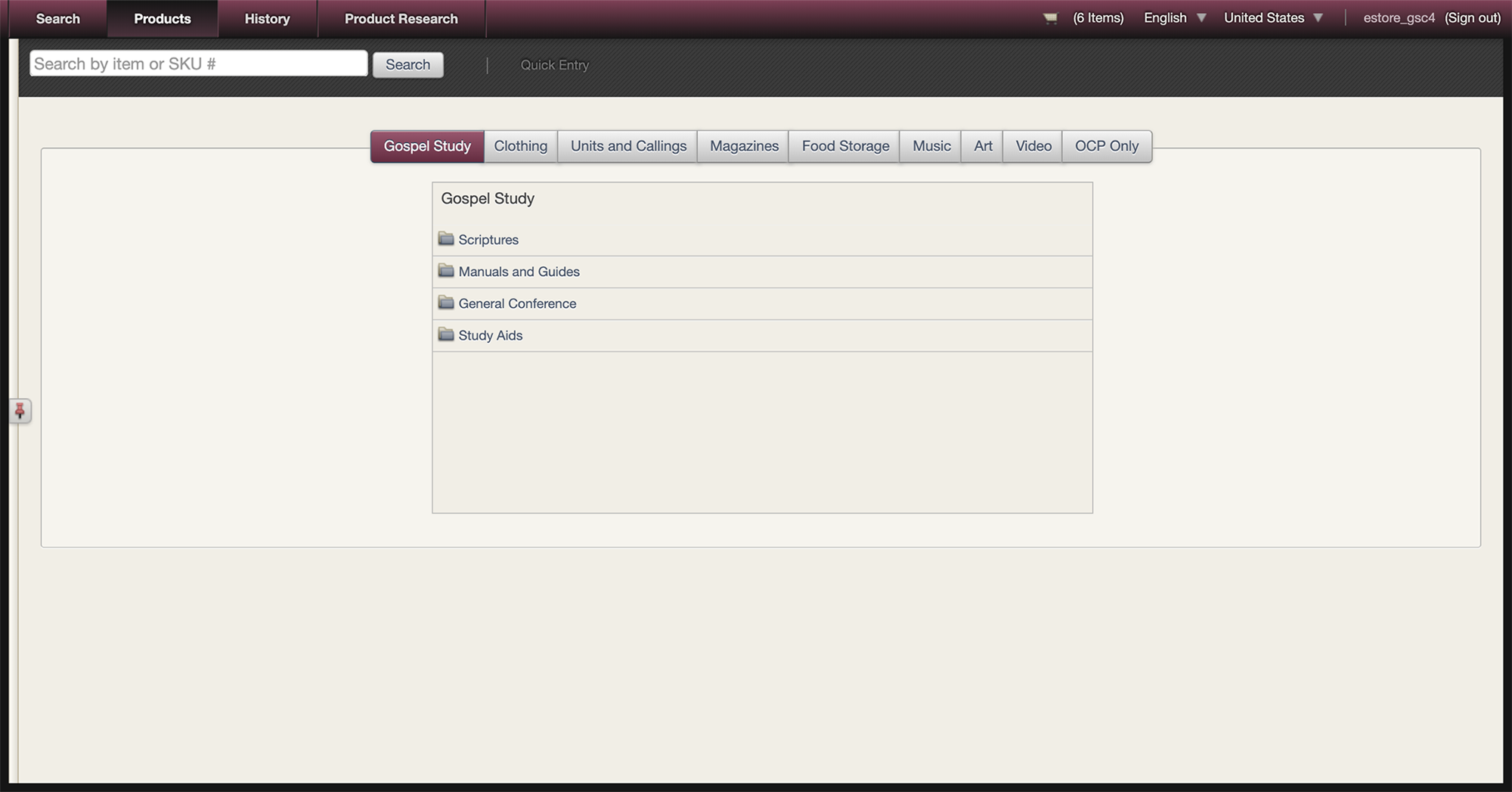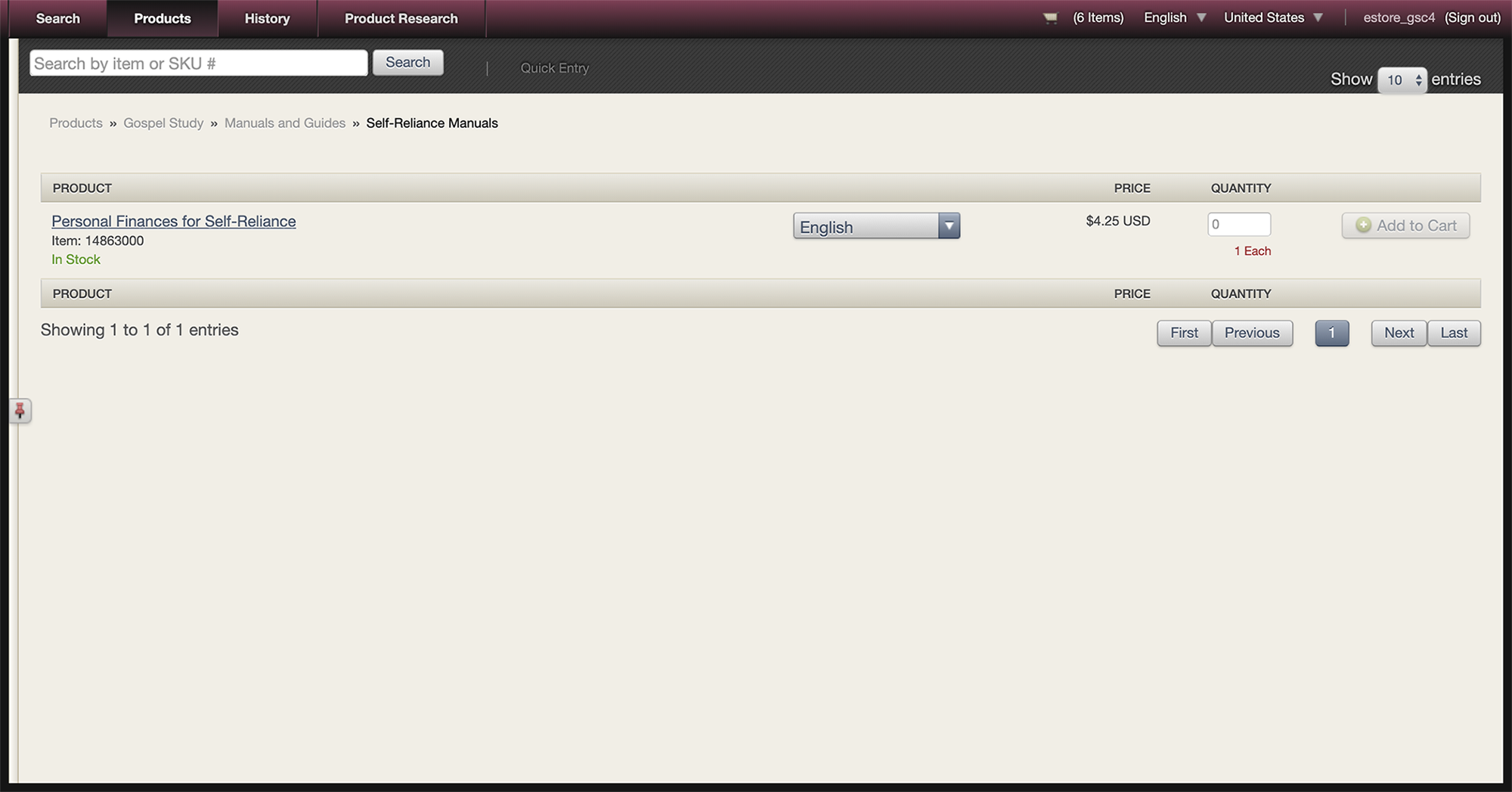Agent
Portal App
Project Overview
At LDS Corporation, a $7 Billion global enterprise, I led the design of a unified Order Capture Portal (OCP) to replace a deeply fragmented legacy system. This initiative significantly boosted call center agent efficiency by eliminating page reloads and streamlining workflows, directly impacting over $2 Million in annual sales processed through this channel.
Understanding the Agent Experience
To address LDS Corporation's fragmented legacy system,
which lacked a centralized design system, causing inconsistent
UI patterns and 30% of user errors, I led a comprehensive UX/UI
research initiative. Call center agents faced significant
inefficiencies including:
- 30% idle time per
10-minute call due to slow software
- Disjointed workflows
across multiple systems
- Frequent lost progress from page
reloads
- Outdated interface patterns that developers
rebuilt redundantly
Through agent shadowing
and gathering 150+ requirements, we identified these pain points
while uncovering systemic design debt.
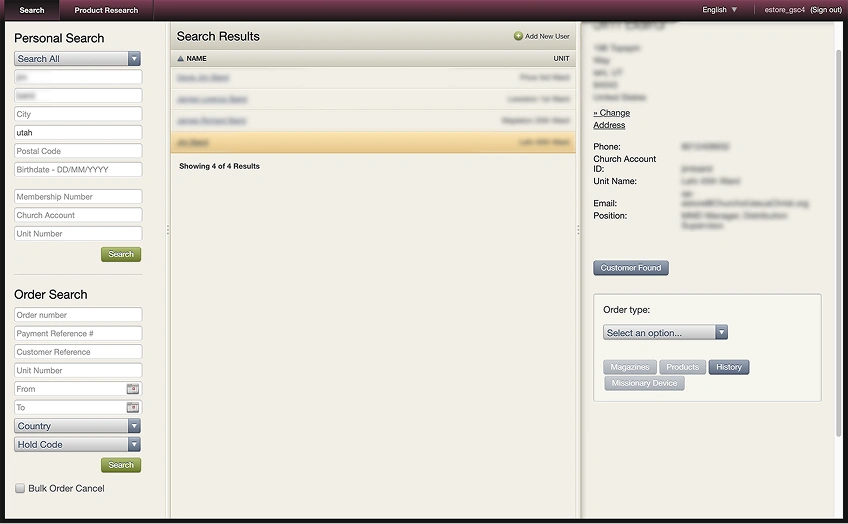
12+ search UIs (no shared components)
Non-responsive
design
Progress loss on page reloads
Crafting the Unified Workflow
Translating our research insights into tangible solutions, we began ideating and crafting low-fidelity wireframes for the core workflows of the new Order Capture Portal. Our primary focus was on designing a unified, intuitive, and efficient experience that directly addressed agent pain points like multi-system navigation, slow search, and tedious data entry, ultimately streamlining their day-to-day operations.
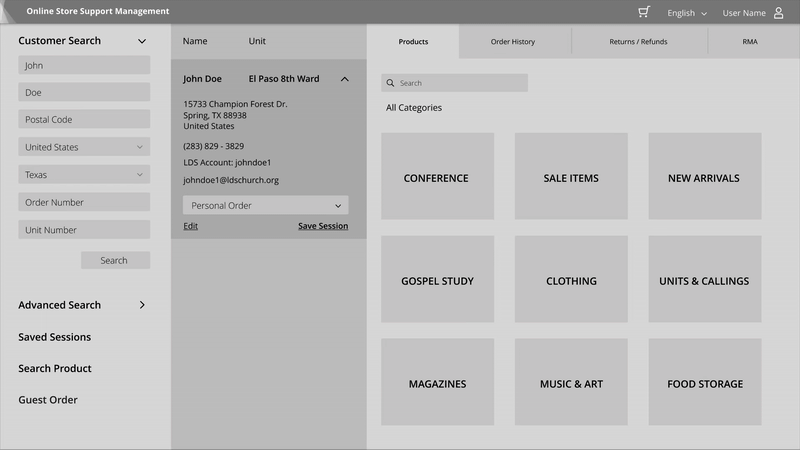
These initial wireframes represent foundational solutions developed directly from our agent research. Key improvements include a unified search interface to eliminate multi-system navigation, and streamlined data entry forms designed to reduce manual input and errors. Each iteration focused on simplifying complex workflows, laying the groundwork for a more intuitive and efficient Order Capture Portal."
Fluid & Efficient Interface
Building on insights from our research into legacy system inefficiencies, the design iteration phase transformed the outdated interface into a modern, highly efficient platform. This iterative approach refined user flows and enhanced usability, directly addressing identified pain points. The resulting intuitive and dynamic high-fidelity interface consolidates complex agent workflows, streamlining navigation, search, and order processing for both new and advanced users. Below, observe the visual evolution of key screens, from the existing interface to wireframe concepts and final designs.
Design Iteration
Following our in-depth research into the legacy system's inefficiencies and user pain points, the design iteration phase became crucial for translating insights into tangible solutions. This section visually illustrates the evolution of key screens, beginning with the existing interface, progressing through various wireframe concepts, and culminating in the final high-fidelity designs. This iterative approach allowed us to methodically refine user flows, enhance usability, and ensure the new system directly addressed the identified obstacles.
UI Component Library
This project expanded our design system and matured our Design Operations. I developed 127 UI components, adapting them from web and marketing for a robust internal desktop application interface. This involved an extensive approval process, collaborating closely with Design Operations to ensure consistency and accelerate development for the internal app.
Laying the Foundation for Future Success
Building on the refined wireframes, our visual design focused on
transforming the outdated interface into a modern, highly
efficient platform tailored for power users. We developed a
comprehensive design system, including 127 distinct components
and 24 full detailed flows comprising roughly 200 individual
screens/frames, to ensure consistency, scalability, and ease of
implementation across the entire Order Capture Portal.
The
redesigned OCP successfully addressed the critical
inefficiencies of LDS Corporation's legacy system. By
unifying disparate workflows and optimizing the agent
experience, we delivered a modern, intuitive platform built for
long-term operational excellence. Following rigorous validation,
the comprehensive design and system documentation were
successfully handed off to LDS Corporation's in-house team
for continued development and maintenance.
Key Takeaways
Optimizing for No Reloads
Seamless transitions, a core principle, proved critical in
boosting agent efficiency by eliminating fragmented
workflows.
Tangible Business Impact
Streamlined workflows directly boosted sales processed,
proving the ROI of UX investment.PIs for mobile-first
workflows.
.
Design System as Force Multiplier
Developing 127 distinct components ensured scalability
and consistency, streamlining future development.
Strategic Handoff
Comprehensive documentation enabled smooth transition
to the in-house team for sustained development.
